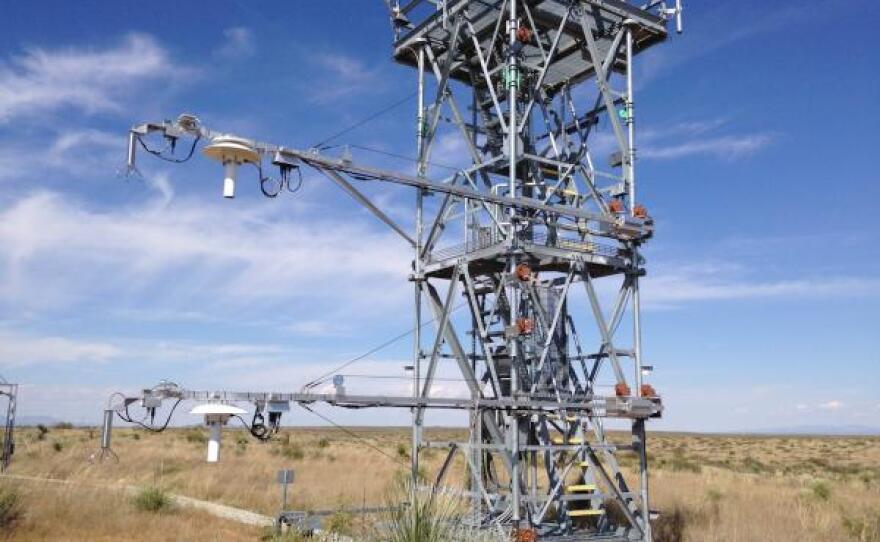A group of researchers at Utah State University are leading a project called ARGON or Augmenting Research Grounded On NEON. The program has already collected over 18 million data points related to species and community traits.
“The aim of ARGON is to augment research grounded on NEON by filling in some of the historical information about what’s happened nearby the NEON sites, but then also to give more sites that can be compared with the NEON sites to give more of a spatial context” said Will Pearse, an assistant professor in the Biology Department at Utah State University and one of the leaders of the ARGON project.
NEON, otherwise known as the National Ecological Observatory Network, exists independently of ARGON, but provides a research foundation to build upon for future scientists and projects.
“NEON is incredible because it’s collecting all of this data, the species that are found in an area, their traits, biogeochemistry, lots of soils information, essentially anything any kind of ecologist could want, but the problem with all this amazing data is it’s only being collected from the present onwards.” Pearse said.
Pearse explained that establishing more NEON sites across the country is too expensive. That is why he hopes the ARGON data will fill historical and spatial gaps, allowing researchers to address a wide-range of topics.
“In terms of the data, it’s of a very different kind. NEON is highly precise data taken in an incredibly careful way at a small number of sites. ARGON I would describe it as more of a shotgun blast really, hopefully from that wide scatter of information we can contextualize the finer and more resolved data of NEON” said Pearse.
Last week Pearse and colleagues added around 4 million new data points to the ARGON database which is publicly available.
For more information on the ARGON project and access to the database, visit the Pearse lab website here.



